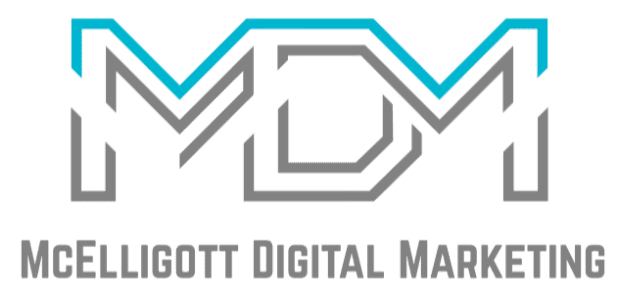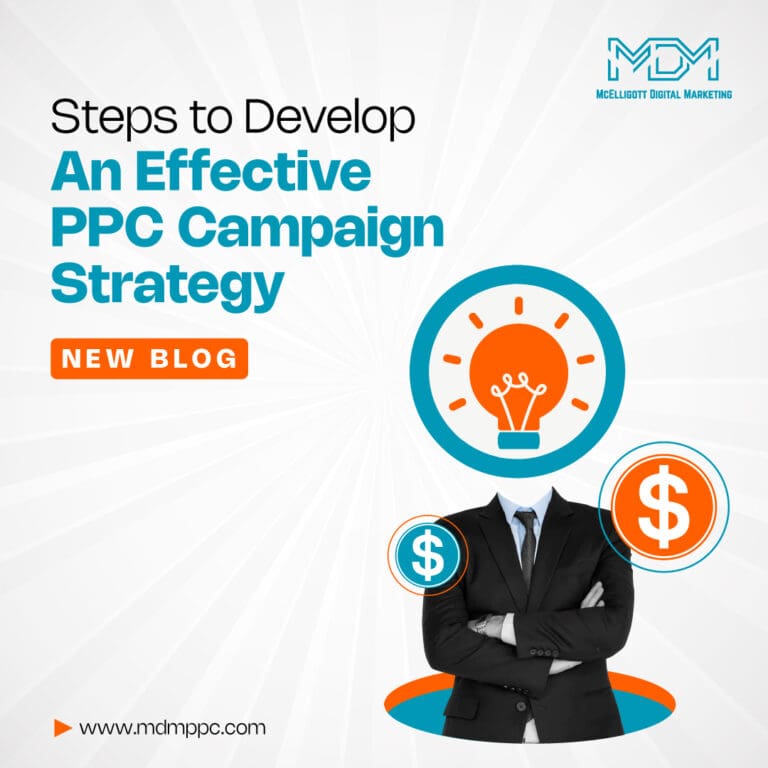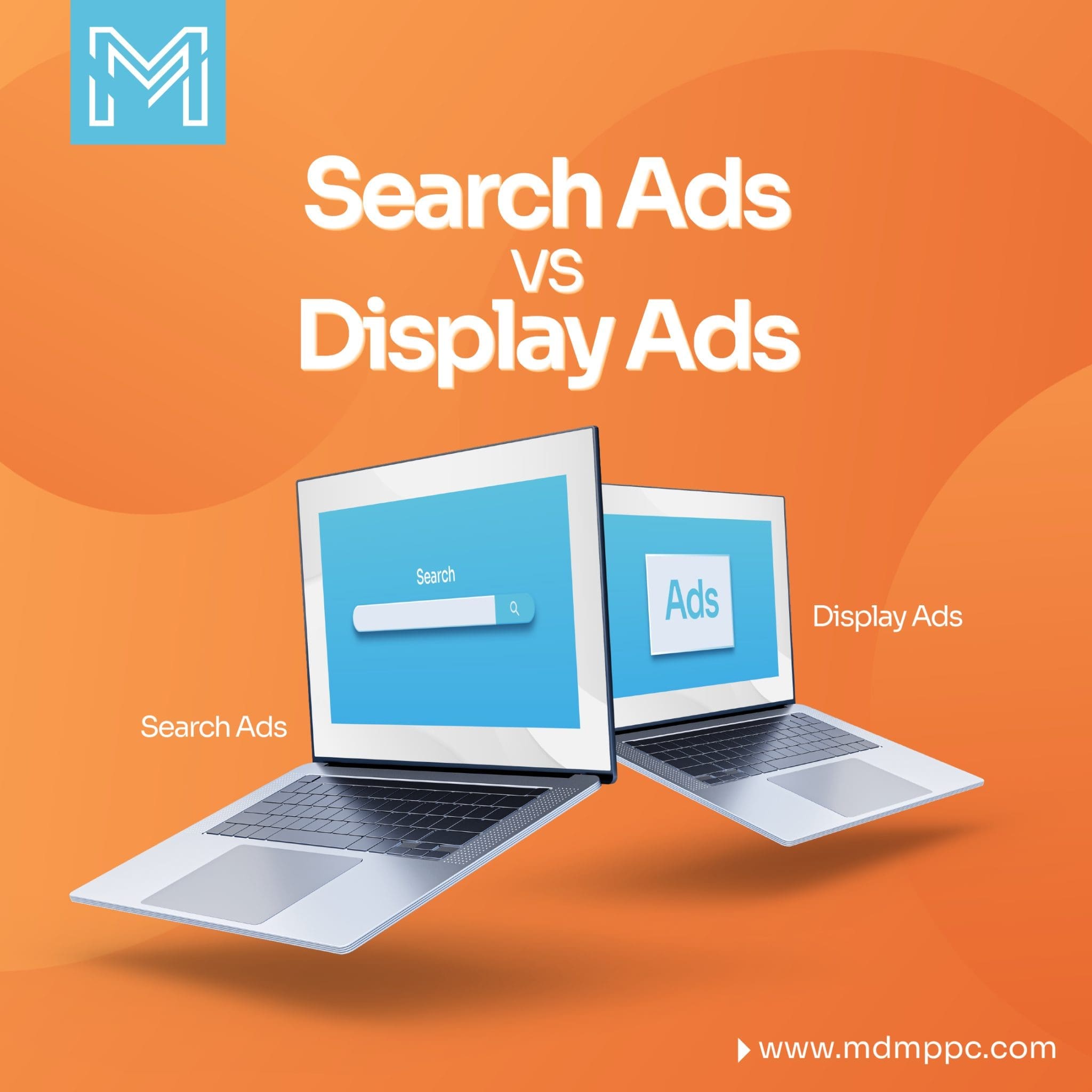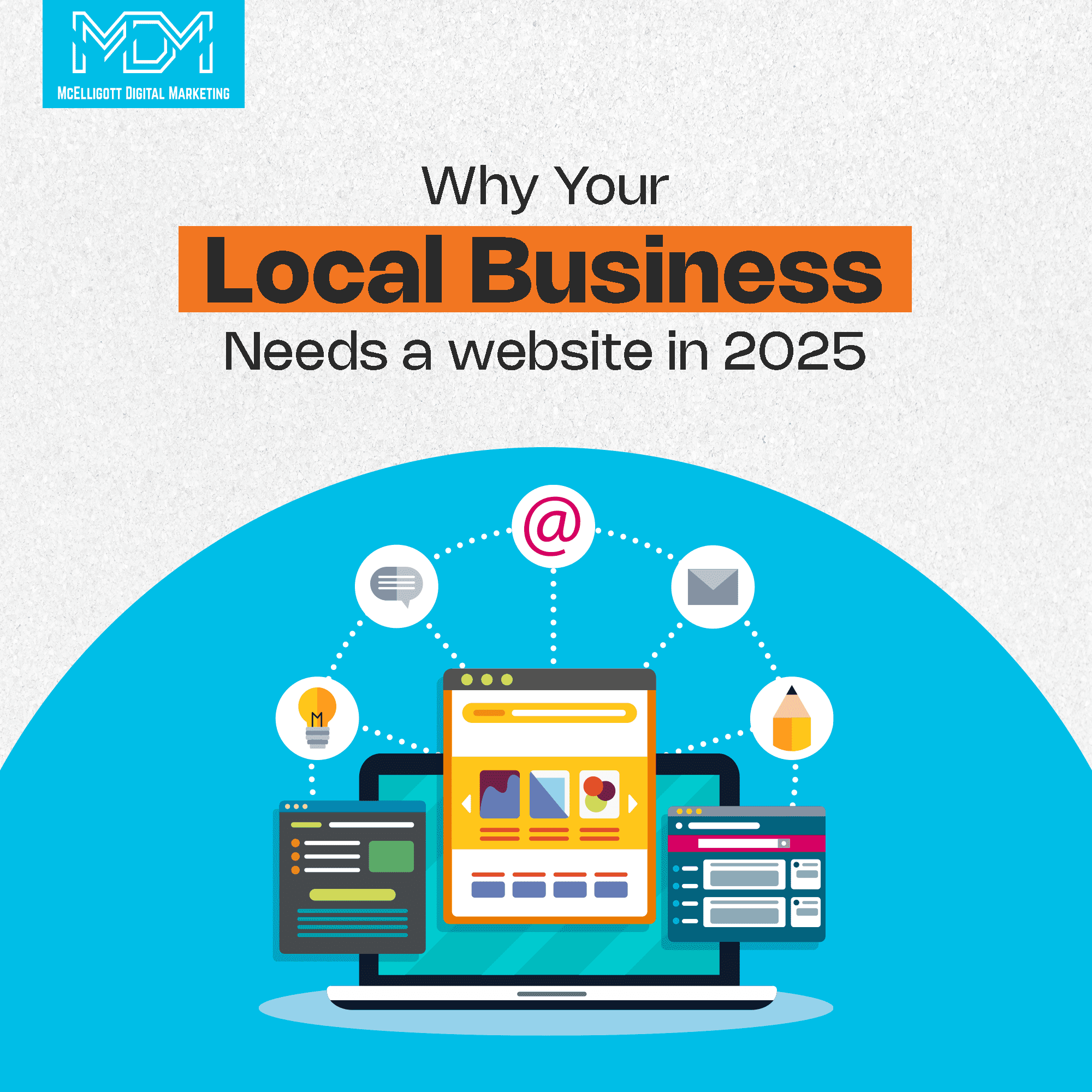What does an effective PPC campaign mean?
Increased sales, brand awareness, and putting yourself ahead in the competition.
If you’re looking for quick results and targeted reach, pay-per-click marketing should be your go-to choice. It allows you to target the customers your business wants and specific keywords that resonate with your brand.
This internet ad model directs traffic to your website or generates clicks using search terms or keywords that relate to your services or products.
If you want a good ROI on your marketing investment, you must optimize your ad campaigns and follow an effective PPC campaign strategy.
In this blog article, you’ll learn about PPC marketing and the best strategies for your PPC success.
What is a PPC campaign?
PPC, short for pay-per-click, is an online advertising model where advertisers pay only when users click on their ads, making it a cost-effective and results-driven strategy.
Imagine your ad appearing exactly when users search for terms aligned with your keywords – that’s the beauty of PPC.
These ads strategically show up on the Search Engine Result Pages (SERP), above the organic search results, providing an opportunity to grab the attention of potential customers. The goals of a PPC campaign can vary, from driving clicks that convert into leads to simply boosting website traffic.
But how does a PPC campaign kick into gear?
It starts with advertisers crafting their ads and bidding on keywords to trigger them. However, success isn’t determined by bid prices only. Factors like ad quality and the use of ad extensions also influence which ad claims the top position.
PPC is not a one-time setup-and-forget thing. It’s an ongoing, measurable, and trackable strategy that grows over time. Monitoring your campaign’s performance becomes seamless as you analyze metrics like Impressions, Clicks, Conversions, and more.
Take this example where a fashion retailer strategically bids on keywords like “trendy apparel” and “fashion essentials.” Their well-crafted ad, complete with compelling ad extensions, secures a prime spot on the SERP. Monitoring real-time metrics like Impressions and Clicks allows the retailer to adapt their strategy for maximum impact.
But this is not enough. To succeed at PPC marketing, you need to know how to build a successful PPC ad campaign. Let’s get ahead with it.
8 Steps to develop an effective PPC campaign strategy
1. Define your objectives
Before you start on the task of launching a PPC campaign, you need to have a well-defined objective.
“Is it important to have a well-defined objective?”- you might end up asking. So, yes, having a clear objective works as part of your strategy because it simplifies most of the work by giving you a clear roadmap of ‘What’ and ‘How’ to accomplish the task most effectively.
So when you start your PPC campaign, having a clearly defined objective is the first step in the series. Moreover, you need to choose what’s your objective from some common set of objectives like:
- Build brand awareness
- Hike website traffic
- Add new leads and potential customers
- Remarket to existing customers
- Boost conversions
Having a well-defined set of ad goals enables you to measure the success and effectiveness of your campaigns, providing valuable insights for future optimizations.
The strategic formulation of ad goals is an integral step in creating a cohesive and results-driven advertising strategy that resonates with your audience and contributes to the overall success of your marketing efforts.
2. Plan your audience targeting
As a business owner, you need to prioritize your audience targeting plan- to whom you’re marketing and the region where you want to sell your product and services.
When you start planning your target audience, you have to align the kind of audience you should target according to what you are selling, which is also called ‘having a narrow and focused target audience.’ Also, Google Ads run better when you have precise specifications like your target audience settings specified :
Keyword– Focusing on the most pertinent keywords related to your business is essential and it’s equally crucial to direct your targeting efforts based on user intent.
Location– You can target by specifying the Google Ads that a certain location you want to focus more, thereafter receiving your command your ads will be shown to users of that particular region or location.
Remarketing can be used to target the users who have once visited our site and reach out to them to reconnect them with your brand.
3. Do keyword research
Keyword research involves the identification and examination of search terms that individuals input into search engines.
The objective is to leverage this data for a particular purpose, commonly for search engine optimization (SEO) or broader marketing strategies.
Why do you need to do keyword research?
Doing thorough keyword research is crucial because it gives valuable insight, firstly, about the most valuable keywords to target and secondly the search intent of the users scrolling down Google for pieces of information.
The benefits of doing keyword research are-
- Getting insights into the current market trends will help you base your content around the relevant topics and be in tune with the users’ search intent.
- With the most focussed keywords, you’ll appear higher in Google search results resulting in driving higher traffic.
- If your company produces information other experts are interested in, you can meet their demands and make a strong case for action.
4. Filter out negative keywords
Negative keywords are the keywords you should exclude your ad from being activated by specific words or phrases. Let’s break it into easier terms.
These are the search terms you aim to filter out from your ad campaigns. By screening out such searches, your ads can channel relevant and high-quality traffic to your landing page. A well-optimized negative keyword list can significantly enhance your CTR, hence influencing your conversion rates positively.
Here are a few strategies that you can adhere to filter out negative keywords.
Leverage search term report– A search term report is generated for every Google ad campaign. The keywords displaying poor performance metrics are identified as your negative keywords. Assigning them the status of negative keywords enables your ads to concentrate on searches that produce favorable outcomes.
Utilize negative keyword match types– Google comes with 3 match-type categories for negative keywords – Negative Broad Match, Negative Phrase Match, and Negative Exact Match. These three match-type categories are made as per different situations arising thus helping the ad runner to maximize the benefit of negative keywords.
Eliminate unrelated keywords- This technique saves you from unprecedented situations like current events. Let’s say you are running a campaign for ‘ beauty makeup products’ but there starts a movement for having a natural and original look rejecting a make-up appearance, it will affect your campaign but you can safeguard your campaign from the impact of current events or a sudden surge in related searches using this technique.
5. Determine your budget
Managing your PPC budget involves strategically allocating advertising funds to your campaigns to attain specific performance objectives.
What you need to do is first set a fixed budget and then use an efficient bidding strategy because a good bidding strategy cuts the superfluous cost that you were going to waste on it.
Here’s what you can do:
- Ensure that your PPC budget is carefully allocated to drive profits within a specific timeframe, avoiding both underspending and overspending.
- Check that the keywords you intend to bid on have sufficient monthly search volumes to generate clicks on your ads and you can take the help of Google Keywords Planner for it.
- Keep monitoring and adjusting campaigns to regulate spending, ensuring that you meet your target budget or performance goal by the end of the budgeting cycle.
6. Write a compelling ad copy
Ad content has a big impact on your entire sales performance and is very important in marketing and advertising. It comprises the content that prompts visitors to respond to your offer, whether on a landing page, website, digital ad, billboard, or any other advertising medium.
The art of ad copywriting centers around persuading users to take action through various forms of advertising, including pop-up ads on websites and email content. The primary objective of ad copy is to enhance conversion rates in both digital and traditional marketing efforts.
Skillful copywriting has the potential to boost your ROI by emphasizing the reasons why users should provide their contact information.
That’s why it becomes of utmost importance to have compelling ad copy to convert the user into a potential buyer, and so you also need to have a good landing page that does the work of cementing the trust of the user.
Here’s what you can do:
- You must know to whom you are selling or who is your target customer.
- ‘What’s your differentiator’ – let it be known to the customers’.
- Add a flavor of scarcity in your ad copy to encourage the user to act fast.
- Make the customer believe that the product is under their purchasing power through an effective ad copy.
- Employ testimonials from real customers to showcase your product or service’s standards.
7. Add Ad extensions
What do the Google Ads extensions do?
Google ad extensions add extra details about your business to the primary content of your text ad or as the name suggests they expand your ad.
There are various kinds of extensions that you can leverage in your ad campaigns.
- Sitelink extensions – These extensions add extra links in the main text ad and when user clicks on these links they’re directed to other sites.
- Callout extension – It consists of just 25 character snippets but this form of extension is the most exciting as you’ve got just 25 characters to describe your product’s quality and standards.
- Structured Snippet extension – Through this extension, you can give specific details related to your product or services.
- Call extension – You can add your business’s official directly in the ad through this extension.
- Lead form extension – Being the newest, these extensions enable users on the Search Engine Results Pages (SERPs) to connect with your business with just a few clicks, directly through your ad.
- Location extension – It includes a business address, phone number, and a map alongside the ad text. So you receive a link on your mobile that opens a map app.
- Price extension – It informs the user about price details to be price transparent and not leave any doubt regarding the price specifications.
- App extension – App extensions enhance the visibility of your app and simplify the process for interested users to download it directly from the text ad.
8. Optimize your landing page
When the customer clicks on the ad you’ve advertised, the first thing that the customer sees is your landing page, so the very first experience of the user decides whether it will stay. If that is not good, suppose you take time to load the site or your menu bar is not up to the mark, your business website is going to suffer. Therefore, you need to have a smooth landing page.
What needs to be on a good landing page?
- Quick loading of the page.
- Easy to navigate the page.
- Select an image that highlights the offer.
- Add a compelling copy.
- Insert a clear CTA (call-to-action).
Final Word
While you need to be thorough with the strategies you just read about, there’s more to it.
You also need to track and monitor the effectiveness of your PPC campaign. You need to focus on the right KPIs to measure your progress and take corrective steps if deviations are found. Tools like Google Analytics, Google Tag, Google Ads, etc. come in handy to measure the website traffic, marketing trends, and behavior and conversions of the users.
Having a dedicated PPC management agency means they do it all for you. Right from creating the ads to reporting on the ad’s success!
Need to know more?





